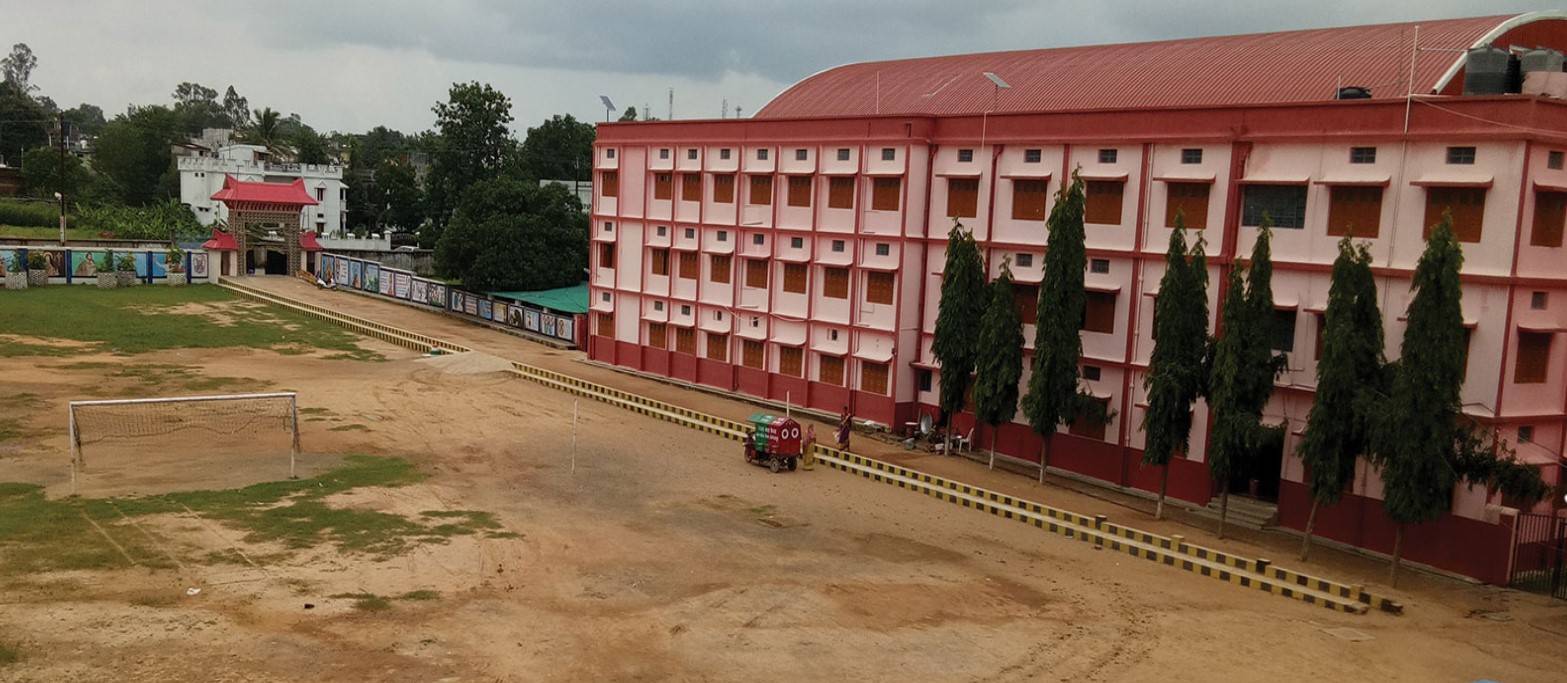MUMBAI, India – Archbishop Felix Machado of Vasai spent the Feast of the Holy Innocents visiting a care home for the disabled.
The Umed home was established in 2005 in the diocese to serve people with various mental and physical disabilities. Currently there are around 30 residents, coming from different religious communities.
“Umed, a home for specially blessed young men and women, is looked after by the Diocese of Vasai as a continuation of the healing ministry of Jesus Christ, Lord and Savior,” Machado told Crux.
“Jesus’ own life was spent to love everyone, particularly those who are downtrodden, heavily burdened and abandoned,” the archbishop continued. “Our faith in God should reflect in our daily life, like in a mirror, the image of God’s love. Our love for our neighbor, especially for those who are physically weak, poor and in need of help, should be seen in our concrete actions in favor of them. The differently-abled brothers and sisters of ours are God’s specially loved children and they are God’s own creation as every one of us. Umed is a diocesan charitable trust in order to make these God’s children feel loved and wanted.”
Vasai is located outside of Mumbai, and Catholics make up over 3 percent of the population – which may seem small but is nearly double the national average.
Within the diocese, Catholic parishes and organizations produce lavish nativity displays during the Christmas season, and Machado said one of the highlights of his visit to Umed was viewing their living nativity scene, with the roles played by residents of the facility.
“I saw Jesus in them. This is the true meaning of Christmas. The joy on their faces brought joy to me and joy to everyone. Pope Francis speaks of those who are close to the heart of Jesus, and here in Vasai Diocese at Umed we witness the Joy and happiness and laughter of the innocent and simple of hearts,” said the archbishop.
He also invited everyone in the diocese to visit Umed’s living nativity scene, explaining it was a more authentic expression of the love of Jesus than spending a lot of money to win one of the nativity scene competitions in the area.
“For Jesus, the weak and challenged, those cast aside by society are precisely the ones he loves most. Pope Francis has said that the world does not become better because only apparently ‘perfect’ — not to mention fake — people live there, but when human solidarity, mutual acceptance and respect increase. This is visible and present at Umed,” Machado said.
Residents at Umed are given vocational training, and also manufacture various religious items such as Communion hosts, votive candles, and rosaries.
“The people at Umed are differently-abled adults and we instill self-confidence in their own capabilities so that they can become self-employed and live a normal life,” the archbishop said.
“At Umed we do everything possible to empower these differently-abled brothers and sisters of ours so that they feel they are an intrinsic part of the human family in their God-given dignity. Umed welcomes differently-abled men and women from all casts and religious traditions. Many of the volunteers who help in Umed are parents themselves of differently-abled people, as well as other selfless service-motivated individuals, religious sisters and Catholic priests,” Machado said.
Father Baptist Lopes, the director of the facility, noted that the disabled have been historically marginalized in Indian society due to Hinduism’s belief that such individuals are cursed by God.
“Because of this belief they have remained isolated from the society. They are also missing out on the facilities and opportunities available to them. They have to depend on physical, moral and financial support from their families. Many parents also worry about the future of their child,” he said.
Lopes said the differently-abled do not need our sympathy, but our empathy.
“They do not suffer from disability. They live with it and work with it. They only suffer from the ignorance of people,” the priest said.
















